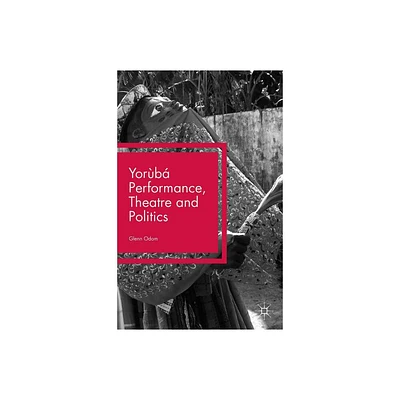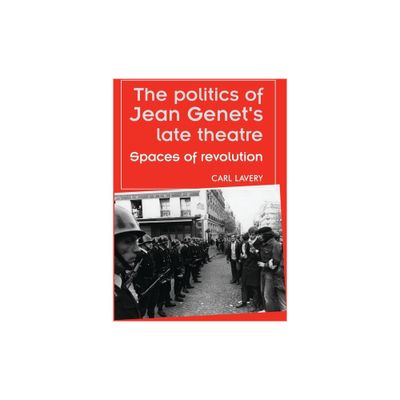Home
Shakespeare and Indian Theatre: The Politics of Performance
Loading Inventory...
Barnes and Noble
Shakespeare and Indian Theatre: The Politics of Performance
Current price: $115.00


Barnes and Noble
Shakespeare and Indian Theatre: The Politics of Performance
Current price: $115.00
Loading Inventory...
Size: Hardcover
*Product Information may vary - to confirm product availability, pricing, and additional information please contact Barnes and Noble
Shakespeare and Indian Theatre: The Politics of Performance
looks at the performance history of Shakespeare productions in India which date back to the mid-eighteenth century when the British officers in India staged Shakespeare's plays along with those of other English playwrights for entertainment. This became part of a larger imperialistic design that was evolving during the latter part of the nineteenth century to establish moral and cultural superiority over India through English education and literature. Shakespeare was used as a convenient ploy for achieving this aim. However, India's engagement with Shakespeare performance for over two hundred years has not been uniform throughout. From being 'imitative' during the first half of the nineteenth century to popular during the later nineteenth and early twentieth centuries to 'urban-folkish' in the post-Independence India, productions of Shakespeare's plays have undergone interesting transformations.
The book looks at Shakespeare in Bengali and Parsi theatre at length. Other theatre traditions like Marathi, Kannada, Malayalam and Hindi which are equally rich and have registered a considerable influence of Shakespeare have been included.
looks at the performance history of Shakespeare productions in India which date back to the mid-eighteenth century when the British officers in India staged Shakespeare's plays along with those of other English playwrights for entertainment. This became part of a larger imperialistic design that was evolving during the latter part of the nineteenth century to establish moral and cultural superiority over India through English education and literature. Shakespeare was used as a convenient ploy for achieving this aim. However, India's engagement with Shakespeare performance for over two hundred years has not been uniform throughout. From being 'imitative' during the first half of the nineteenth century to popular during the later nineteenth and early twentieth centuries to 'urban-folkish' in the post-Independence India, productions of Shakespeare's plays have undergone interesting transformations.
The book looks at Shakespeare in Bengali and Parsi theatre at length. Other theatre traditions like Marathi, Kannada, Malayalam and Hindi which are equally rich and have registered a considerable influence of Shakespeare have been included.


















